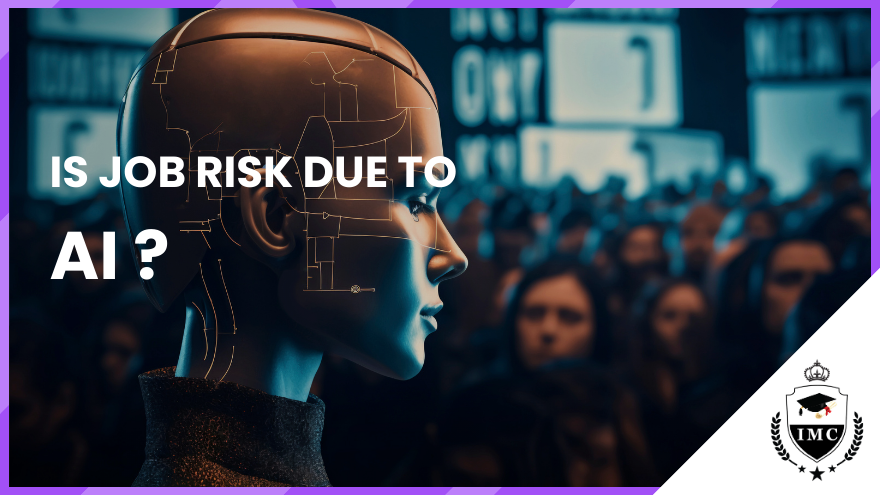Is Job Risk Due to AI?
Artificial Intelligence (AI) has been transforming industries worldwide, automating processes, enhancing efficiency, and driving innovation. However, as AI continues to evolve, many professionals are concerned about the impact on job security. Is AI a threat to employment, or does it create new opportunities? Let’s explore the reality of AI in the workforce.
The Impact of AI on Jobs
AI is undoubtedly changing the employment landscape. According to a report by the World Economic Forum, AI and automation are expected to displace some jobs while creating new ones. Routine and repetitive tasks, especially in industries like manufacturing, customer service, and data entry, are at the highest risk of automation. However, AI also fosters demand for roles in technology, data science, cybersecurity, and AI ethics.
Jobs at Risk Due to AI
Several professions face potential disruption as AI-powered systems become more sophisticated:
- Manufacturing & Assembly Line Jobs – Automated robots are replacing manual labor in production lines.
- Customer Support – AI-driven chatbots and virtual assistants handle customer inquiries with greater efficiency.
- Data Entry & Administrative Roles – Automation can process and analyze large volumes of data faster than humans.
- Retail Cashiers – Self-checkout systems and AI-powered stores reduce the need for traditional cashier roles.
- Transportation & Delivery – Autonomous vehicles and drones may disrupt logistics and transport jobs.
Jobs That AI Cannot Easily Replace
While AI is excellent at performing repetitive tasks, it struggles with roles requiring emotional intelligence, creativity, and critical thinking. Some careers remain resilient against AI disruption:
- Healthcare & Nursing – AI can assist in diagnostics, but human empathy and patient care remain irreplaceable.
- Creative Professions – Writers, designers, and artists use AI tools but require human imagination and storytelling skills.
- Education & Training – AI can support learning, but teachers and trainers provide personalized mentorship.
- Cybersecurity & AI Ethics – As AI grows, experts are needed to ensure security and ethical compliance.
- Engineering & Skilled Trades – AI aids in engineering design but requires human oversight and problem-solving abilities.
The Future of Work: Adaptation is Key
Rather than fearing AI, professionals should focus on adaptation and skill development. Companies and individuals must embrace lifelong learning to stay relevant in an AI-driven world. Here’s how you can prepare:
- Upskill & Reskill – Learn new technologies, coding, or AI-related skills to remain competitive.
- Develop Soft Skills – Emotional intelligence, leadership, and creativity are valuable assets AI cannot replicate.
- Embrace AI Collaboration – AI should be viewed as a tool that enhances productivity rather than a replacement.
Conclusion
AI is not inherently a job killer; rather, it reshapes industries by automating mundane tasks while creating new career opportunities. The key to navigating this change is continuous learning and adapting to technological advancements. By leveraging AI as a tool for growth, professionals can future-proof their careers and thrive in an evolving job market.






